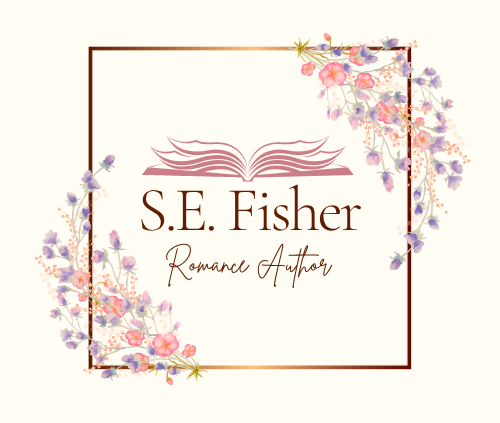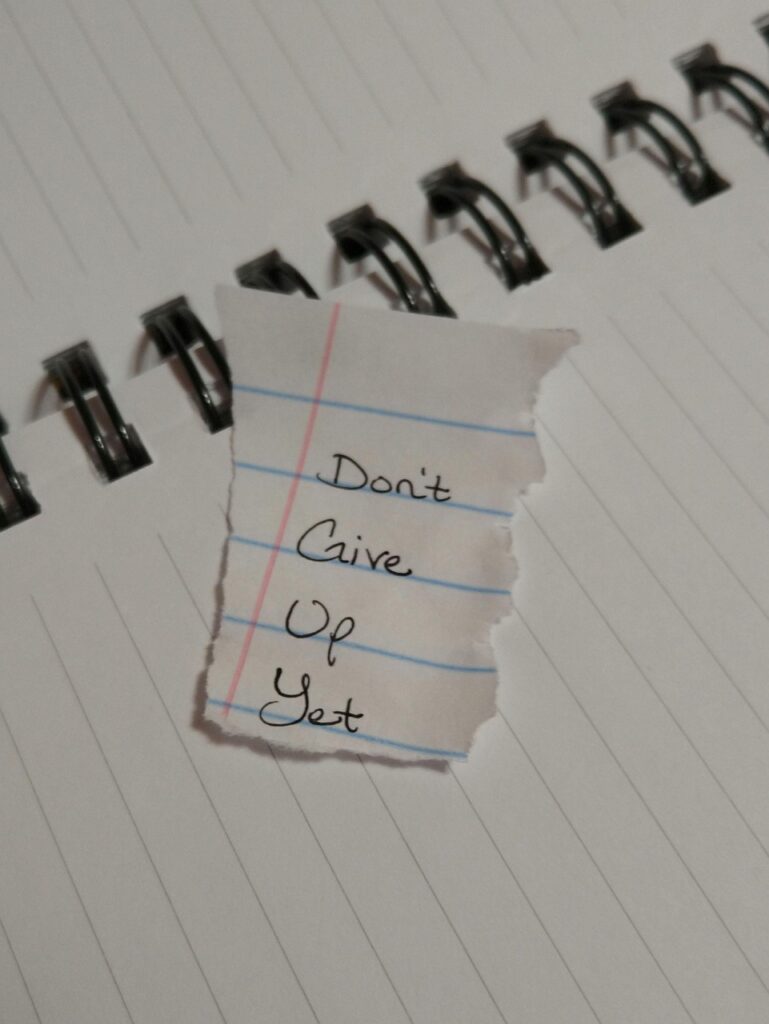Give Yourself Permission To Be Terrible At First

I told myself all of it, every little thing that indicated my writing wasn’t worth it, wasn’t good enough, and neither was I. Just when I thought I could maybe write something worth reading, I’d read someone else’s work, a published author’s work and there would go any sense of confidence I’d gained. But, in the end, I think I’m stronger for this. I’m not great at grammar, I’m really not awesome at spelling, but you know what I am good at? Listening to the voices in my head. Is that enough to be an author? I’m here to say, ABSOLUTELY!
Perhaps the #1 most difficult part of this journey has been convincing myself to spend the time and money on my project, to set aside a space for myself to be creative and put pen to paper. Years of assuming writing was a worthless skill unless it could be applied practically nearly killed my creativity. So did years of working in a job that slowly drained my energy and soul. So what led me to take the steps necessary to go from characters in my head to a fully published novel?
I gave myself permission to be terrible at writing. I gave my work permission to suck. It simply had to exist.
Giving Yourself Permission to be Terrible . . . At First
When you sit down to write, either electronically or with a pencil and paper, remember, it doesn’t matter if you spell everything correctly, or if your handwriting is nice, or if you understand and recognize the more specific aspects of grammar and punctuation. Heck, even now, I guarantee this blog post will likely be riddled with punctuation and grammatical errors.
But you never have an opportunity to fix what you never write. Without getting the words written down first, you won’t have a story to worry about fixing, and that is a huge shame for the reader who is waiting to read the story only you can publish.
Admittedly, I struggle with this one every single day. Reading work by other authors sometimes leads to such a feeling of impostor syndrome. I feel frozen with it, like I don’t deserve to write alongside authors who have published such amazing works.
Give Your Work Permission to Suck . . . At First
Guess what? No author worth their salt publishes their novel without going through rounds of extensive editing. No world created, no character arc, no intimate scene, is written so perfectly the first time that it needs absolutely no tweaking. I’m currently writing book 2 in the Shiloh Hills Small Town Romance series, and I’m rewriting entire chapters, changing the plot, moving things around, and increasing character growth over and over. And even more so, this is just my first round of self-editing. Book 2 will go through several more rounds of editing before it sees a member of the public.
And that’s okay! I know how hard accepting that is, and I know how easy it is to want to give up when you reread what you wrote and it looks like utter garbage. Don’t fret! Getting the words on the page is the first step, then with the bones of the story ready to go, you can work with them, mold them into a sturdy and solid plan for the characters to grow in.
It Simply Needs to Exist . . . At First
The #1 piece of advice I’ve heard or read since I seriously started considering this journey is: “You cannot edit a blank page,” followed closely by, “give yourself permission to be terrible”. These sentiments go hand-in-hand, and I think combining the two helped me reach through the impostor syndrome to finish my first draft.
Sending that first manuscript to a professional for it to be evaluated was the first time I put the story into the world, and I waited anxiously for the editor to come back and tell me the story was awful. But that isn’t what she said at all. Had I never allowed myself to be completely horrendous, I never would have had a manuscript to bother sending, and Rabble and Skye would be nothing more than characters trapped in a Word document.
So, if you need a signed permission slip, here it is:
- Let yourself be terrible at writing
- Let yourself be teachable
- Let your manuscript stink
- Let your manuscript be malleable
- Let your story grow
Until next time,
S.E. Fisher
Previous Blog Posts:

